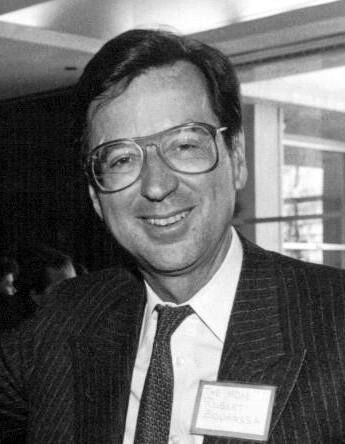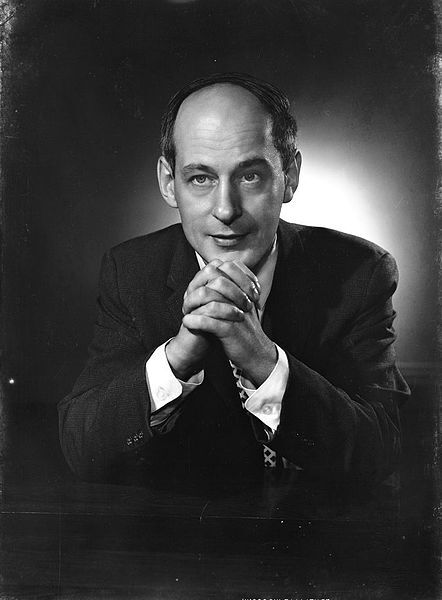After the turbulence of the Quiet Revolution in the 1960s, Quebec continued to modernize throughout the 1970s. Minds were changing and radical changes were happening in all areas of society. At this time, nationalist movements, Indigenous mobilization and trade unions pushed for social change.
Starting with the Liberal Party’s win in 1970, Robert Bourassa’s government was filled with political friction. Nationalist movements used various pressure tactics and violent actions by radical pro-independence groups, such as the FLQ, made headlines.
With his win at the 1976 elections, René Lévesque’s government was the first major victory for the Parti québécois. This new government brought change across the province’s administration and federal institutions. As a result, several social measures were implemented.

The Bourassa government faced the October Crisis of 1970.

The Lévesque government focused on implementing several social measures.
Energy development in Northern Quebec threatened Indigenous land and livelihood. The period marked a turning point in relations between the provincial government and Indigenous communities as community leaders signed their first agreement with the provincial government.
Trade unions also seized the opportunity to argue their ideas and campaign for better working conditions.
To find out more about the 1970s, see the following concept sheets: